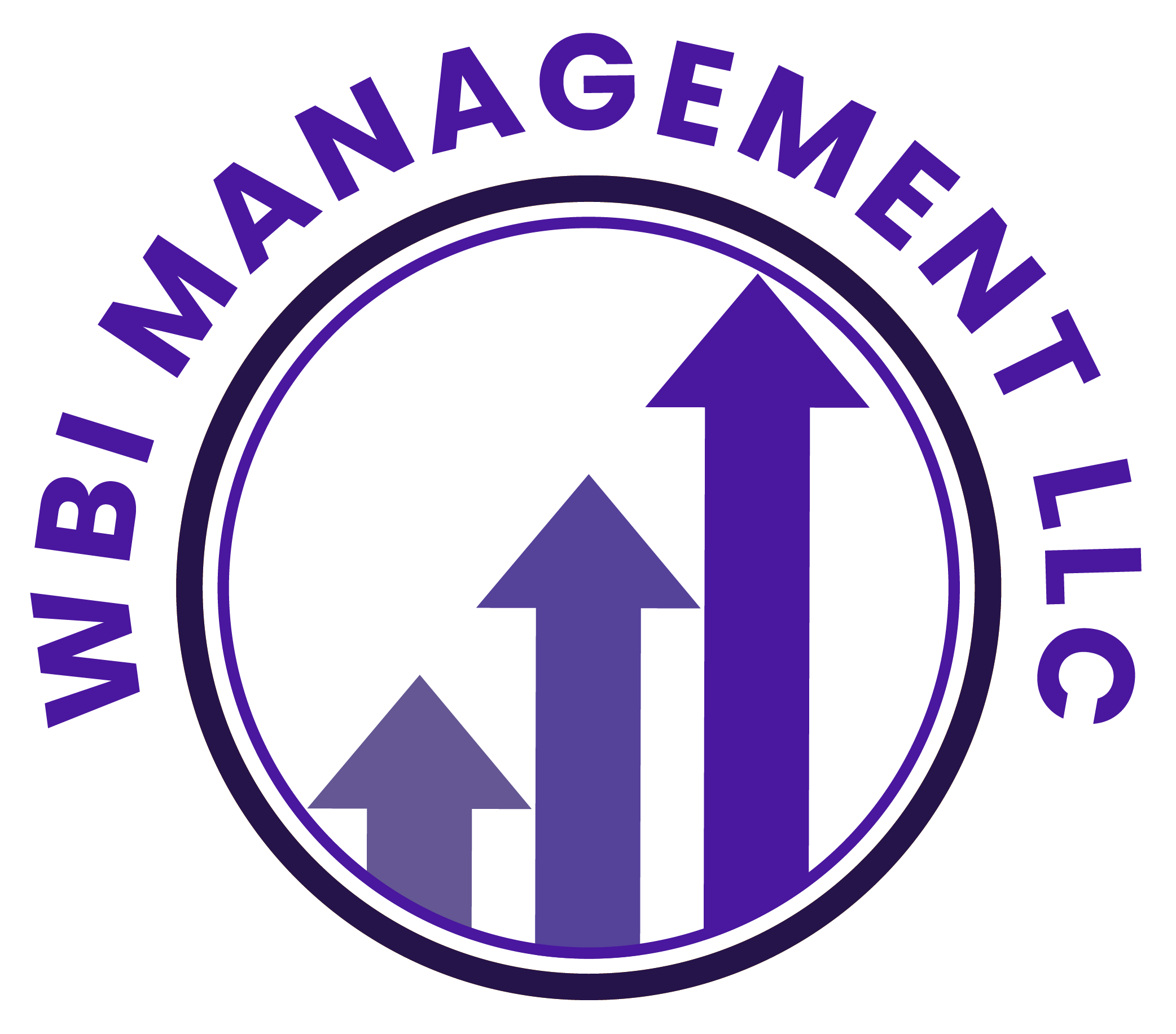Using Business Credit to Purchase Real Estate
Need to purchase real estate? Real estate is understandably touted as an investment. Also, it is often the biggest investment we make with our personal assets. And then when it comes to a small business, it can also be up there. This is along with equipment, inventory, and payroll.
Investment Value
A real estate purchase is often a very good investment, particularly as rents are high in many places and they do not allow you to build equity. And that’s true for both real estate for a business and your own home. You use personal credit to buy your home.
Using Business Credit
But you should be using your business credit to buy your business’s home. When you look at your business credit score vs personal credit score, you should be keeping your business score up as a means of buying commercial real estate. Everything you do to secure business credit and maintain good scores will stand you in good stead when it is the time to buy land. And that’s with or without an accompanying building for your business.
How to Purchase Real Estate with Business Loans
So let’s start with the mechanics of it. How do you get real estate through business credit? What credit score is needed for a business loan?
You have a few choices where you can apply for a real estate loan based on your business’s credit. Credit unions and commercial lenders are two sources of financing. You can use either in order to help finance a real estate buy based on your business credit.
However, there are certain rather specific requirements and documents which you must have before your small business can get an approval for business credit.
Documentation Requirements
The most common requirements include:
- Your business credit report
- Copies of any financial statements from your small business’s Investments
- Cash for the down payment, typically at 25 percent of the total
Does Your Business Have Assets?
If your business owns current assets which can be liquidated in the case of financial insolvency that is an important factor. Commercial lenders will take that into consideration. However, when your small business does not own any business assets, it complicates the lending process. This is due to the perceived high risks of business failures. Therefore, you probably are not going to be able to get real property the moment you first open your doors.
Tangible Assets
Tangible assets for your business can include stock, machinery, and vehicles. These are assets which can be bought and sold, but they also depreciate (lose value) over time. All of these are included on your small business’s balance sheet.
Intangible Assets
Intangible assets include your business’s reputation and name recognition. These are not a part of your small business’s balance sheet. But they have a value all the same. A species of intangible assets is intellectual property. Again, it is not included on the balance sheet, but trademarks, copyrighted materials, and patents all have value.
Personal Guarantees
Note that in order to get a loan; you might still need to provide a personal guarantee. So this means that your own assets, including your cars, etc. could be on the line if you cannot make your commercial mortgage payments. That can make this process a little less attractive. This is because you want your small business’s success or failure to drive any commercial real estate loan. And not your personal assets.
How to get out of giving a personal guarantee? Spend some time in business and build a reputation with the credit reporting bureaus for paying your bills on time, and in full. Take out smaller loans from your lender of choice and pay them back as quickly and completely as possible. Banks and other lenders often demand personal guarantees when they do not know your business well. So get acquainted!
Building Business Credit
To get around all of these issues with loans, build business credit. When you need to purchase real estate – or anything else – business credit can help.
Because business credit is independent from consumer, it helps to secure a small business owner’s personal assets, in case of a lawsuit or business insolvency. Also, with two distinct credit scores, a business owner can get two different cards from the same vendor. This effectively doubles buying power.
Another advantage is that even startup companies can do this. Visiting a bank for a business loan can be a recipe for frustration. But building corporate credit, when done properly, is a plan for success.
Consumer credit scores rely on payments but also various other components like credit utilization percentages. But for corporate credit, the scores really only depend on whether a business pays its bills on a timely basis.
The Process
Growing business credit is a process, and it does not occur without effort. A company needs to proactively work to establish corporate credit. That being said, it can be accomplished easily and quickly, and it is much more rapid than building consumer credit scores. Vendors are a big part of this process.
Accomplishing the steps out of order will lead to repetitive denials. No one can start at the top with small business credit. For instance, you can’t start with store or cash credit from your bank. If you do you’ll get a denial 100% of the time.
Corporate Legitimacy
A business has to be genuine to loan providers and vendors. Therefore, a small business will need a professional-looking website and e-mail address, with website hosting from a merchant like GoDaddy. And also company phone and fax numbers should have a listing on 411.com.
Also the business telephone number should be toll-free (800 exchange or similar).
A business will also need a bank account devoted solely to it, and it has to have all of the licenses essential for running. These licenses all must be in the identical, appropriate name of the small business, with the same company address and telephone numbers. Note that this means not just state licenses, but possibly also city licenses.
Dealing with the Internal Revenue Service
Visit the Internal Revenue Service web site and obtain an EIN for the company. They’re free. Pick a business entity like corporation, LLC, etc. A small business can start off as a sole proprietor but will more than likely want to change to a form of corporation or partnership to lessen risk and optimize tax benefits.
A business entity will matter when it comes to taxes and liability in case of a litigation. A sole proprietorship means the entrepreneur is it when it comes to liability and taxes. Nobody else is responsible.
If you are a sole proprietor, then at the very least make sure to file for a DBA. If you do not, then your personal name is the same as the company name. Consequently, you can wind up being directly liable for all business financial obligations.
In addition, according to the Internal Revenue Service, by having this arrangement there is a 1 in 7 probability of an IRS audit. There is a 1 in 50 probability for corporations! Steer clear of confusion and drastically reduce the chances of an Internal Revenue Service audit at the same time.
Instigating the Business Credit Reporting Process
Begin at the D&B website and obtain a free DUNS number. A DUNS number is how D&B gets a company in their system, to generate a PAYDEX score. If there is no DUNS number, then there is no record and no PAYDEX score.
Once in D&B’s system, search Equifax and Experian’s web sites for the small business. You can do this at https://www.creditsuite.com/reports/. If there is a record with them, check it for correctness and completeness. If there are no records with them, go to the next step in the process. In this way, Experian and Equifax will have activity to report on.
Trade Lines
First you must establish trade lines that report. This is also known as vendor accounts. Then you’ll have an established credit profile, and you’ll get a business credit score.
And with an established business credit profile and score you can start obtaining revolving store and cash credit.
These sorts of accounts often tend to be for the things bought all the time, like coffee, shipping boxes, outdoor work wear, ink and toner, and office furniture.
But first off, what is trade credit? These trade lines are creditors who will give you preliminary credit when you have none now. Terms are commonly Net 30, rather than revolving.
Hence if you get an approval for $1,000 in vendor credit and use all of it, you need to pay that money back in a set term, such as within 30 days on a Net 30 account.
Details
Net 30 accounts need to be paid in full within 30 days. 60 accounts must be paid completely within 60 days. In contrast to with revolving accounts, you have a set time when you have to pay back what you borrowed or the credit you made use of.
To start your business credit profile properly, you need to get approval for vendor accounts that report to the business credit reporting bureaus. As soon as that’s done, you can then make use of the credit.
Then pay back what you used, and the account is on report to Dun & Bradstreet, Experian, or Equifax.
Not every vendor can help like true starter credit can. These are merchants that will grant an approval with very little effort. You also want them to be reporting to one or more of the big three CRAs: Dun & Bradstreet, Equifax, and Experian.
But you may have to apply more than once to these vendors, and you may have to purchase some items you do not need to have, to confirm you are responsible and will pay on time. Consider giving unwanted things to charity.
Revolving Store Credit
Once there are 5 to 8 or more vendor trade accounts reporting to at least one of the CRAs, move onto revolving store credit. These are service providers such as Office Depot and Staples. These companies are more likely to have supplies you need.
Use the business’s EIN on these credit applications.
One good example is Lowe’s. They report to D&B, Equifax and Business Experian. They want to see a DUNS and a PAYDEX score of 78 or more.
Fleet Credit
Are there 8 to 10 accounts reporting? Then move onto fleet credit. These are companies like BP and Conoco. Use this credit to buy, repair, and take care of vehicles. Make sure to apply using the company’s EIN.
One such example is Shell. They report to D&B and Business Experian. They need to see a PAYDEX Score of 78 or higher and a 411 company telephone listing. Shell might claim they want a certain amount of time in business or revenue. But if you already have sufficient vendor accounts, that won’t be necessary and you can still get approval.
Cash Credit
Have you been sensibly managing the credit you’ve gotten up to this point? Then progress to cash credit. These are companies such as Visa and MasterCard. Keep your SSN off these applications; use your EIN instead.
One example is the Fuelman MasterCard. They report to D&B and Equifax Business. They want to see a PAYDEX Score of 78 or more; 10 trade lines reporting on your D&B report; and a $10,000 high credit limit reporting on D&B report (other account reporting). In addition they want you to have an established business.
These are businesses like Walmart and Dell, and also Home Depot, BP, and Racetrac. These are often MasterCard credit cards. If you have 14 trade accounts reporting, then these are in reach.
Monitor Your Business Credit
Know what is happening with your credit. Make certain it is being reported and take care of any errors as soon as possible. Get in the habit of checking credit reports and digging into the details, and not just the scores.
We can help you monitor business credit at Experian and D&B for only $24/month. See: https://www.creditsuite.com/business-credit-monitoring.
Disputing Mistakes
So, what’s all this monitoring for? It’s to challenge any errors in your records. Errors in your credit report(s) can be taken care of. But the CRAs often want you to dispute in a particular way.
Disputing credit report errors usually means you mail a paper letter with copies of any proof of payment with it. These are documents like receipts and cancelled checks. Never mail the original copies. Always send copies and keep the original copies.
Disputing credit report mistakes also means you precisely itemize any charges you dispute. Make your dispute letter as understandable as possible. Be specific about the problems with your report. Use certified mail so that you will have proof that you mailed in your dispute.
A Word about Building Business Credit
Always use credit sensibly! Don’t borrow more than what you can pay back. Monitor balances and deadlines for repayments. Paying on time and fully will do more to increase business credit scores than pretty much anything else.
Growing business credit pays. Great business credit scores help a business get loans. Your lending institution knows the business can pay its debts. They recognize the small business is for real. The corporation’s EIN connects to high scores, and lending institutions won’t feel the need to require a personal guarantee.
Takeaways for Using Business Credit to Purchase Real Estate
Business credit is an asset which can help your small business for years to come. This means you can purchase real estate or get new equipment or vehicles. Or buy anything else your company needs. With business credit – you got this! Share this and tell your friends what you think of using business credit to purchase real estate.




